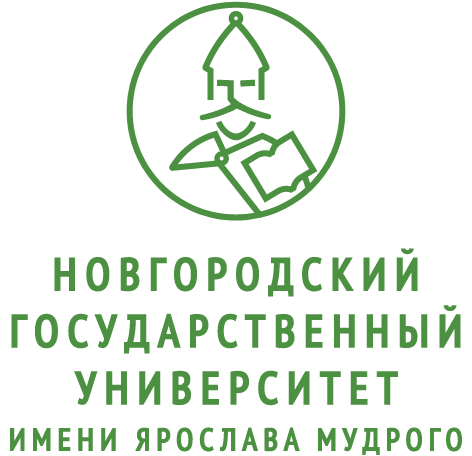Оценки повседневности в речи красноярцев
DOI:
https://doi.org/10.34680/VERBA-2024-2(12)-34-47Ключевые слова:
повседневная речь, оценка, пропозиция, актант, модус, аргумент, коммуникативная цель, воздействиеАннотация
В статье на материале повседневной речи жителей Красноярска рассмотрены позиции оценки в семантической структуре высказывания: пресуппозитивная, квалификативная, актантная, пропозитивная и модусная. Вследствие различной степени ее эксплицитности и определенности, что в том числе связано со спецификой перечисленных позиций, оценка по-разному влияет на «правый» контекст, который, как показывает анализ, развивается в нескольких направлениях: обоснование (аргументы) оценки; трансформация содержания оценки (детализация оценки / корректирование оценки / альтернативная оценка);трансформация объектного поля оценки (детализация объекта / увеличение количества объектов); интерпретация воздействующего потенциала оценки (цель оценки). Таким образом, в повседневной речи введение оценочного элемента регулярно становится стимулом для формирования более или менее объемного высказывания, а в ряде случаев и целого диалога с оценочным содержанием. На развитие аксиологического контекста очевидно влияют факторы времени, места и обстоятельств общения. К примеру, рекреационный режим, в котором регулярно оказывается человек в отпуске, в периоды праздников или в выходные дни, в обстоятельствах выездного отдыха, «прогулок на свежем воздухе», «дружеской болтовни» – коррелирует с установками на гармоничное восприятие окружающего мира, лояльное отношение к окружающим и положительную оценку. При том, что контекстное развитие оценки может приобретать инициативный либо реактивный характер, основанное соответственно на коммуникативной воле автора либо от адресата, выделенным объектом оценки, значимым для дальнейшего «продвижения» аксиологической микротемы, является адресат высказывания. Этот статус второго участника разговора стимулирует особую деятельность автора, который в обстоятельствах межличностного контакта готов обратить свое квалифицирующее внимание на адресата, переместить его позицию из коммуникативной (участник разговора) в содержательную, аксиологическую (объект оценки), плоскость, демонстрируя ему свое предпочтение либо, напротив, неодобрение. Словарь обыденной оценки вполне прост, часто клиширован и не отличается особенным разнообразием: хорошо, плохо, нормально, классно, жестко, мощь, молодец и под. – наиболее частотные предикаты оценки.
Скачивания
Загрузки
Опубликован
Как цитировать
Выпуск
Раздел
Лицензия
Copyright (c) 2024 Verba

Это произведение доступно по лицензии Creative Commons «Attribution-NonCommercial» («Атрибуция — Некоммерческое использование») 4.0 Всемирная.








